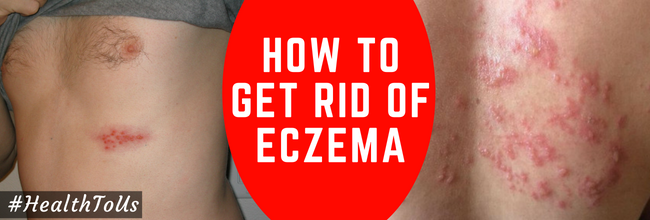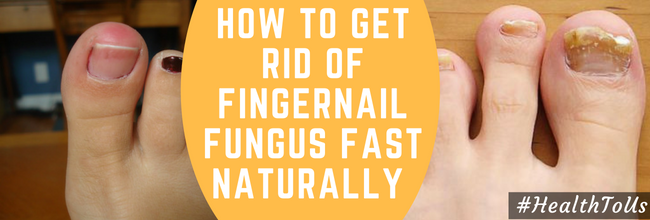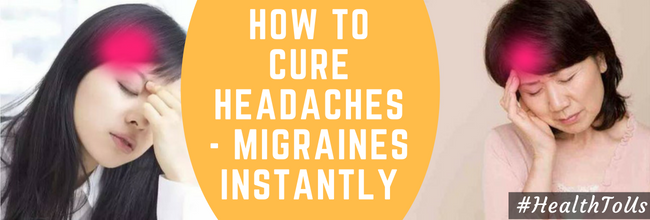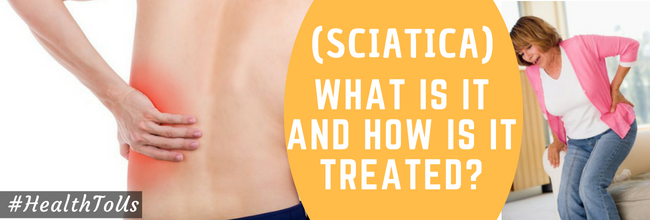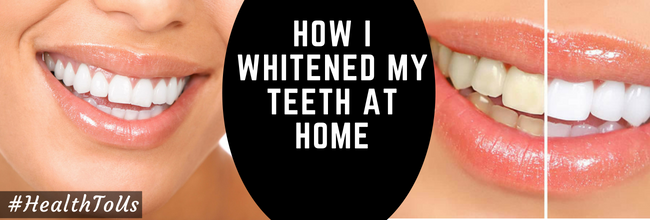
Symptoms
Psoriasis causes red and scaly patched to form on the skin. These are raised and can be one or multiple in number. It can also affect the entire scalp and spread to the forehead, neck and ears. The patches are very irritating and cause the sufferer’s skin to itch and cause flaky lesions to form which in turn can cause skin infections and hair loss. The severity change from only slight problems to major infections.
Causes
The exact cause of Psoriasis is unknown, however, it is believed that it is caused by an abnormal immune system which causes the skin to over generate and cause raised patches. This may well explain the reason that sufferer’s report their Psoriasis getting worse if they are fighting a virus.
Treatments
When Psoriasis is first diagnosed, the treatment is usually of a topical nature. This may include medicated shampoos, creams, ointments, gels and soaps. Many of these are available over the counter at pharmacists, however for more severe cases, stronger versions can be prescribed by a doctor. The active ingredients that these treatments share are Salicylic Acid and Coal Tar. However, those treatments obtained by prescription often have other medications in them for example:
- Anathralin
- Antimicrobials, they are usually used for yeast infections
- Calcipotriene, which is a derivative of vitamin D
- Betamethasone Dipropionate, which is a strong steroid
- Tazarotene, which is a derivative of vitamin A
There are also other steroids that can be used as well as or instead of these. In order for the treatments to work effectively, they need to be applied directly to the scalp. This is a long process and can take over eight weeks to improve.
If the Psoriasis is mild, they can be treated with steroid injections into the affected areas. Or in some cases, exposure to natural sunlight in combination with medication applied to the scalp, can offer an improvement.
For very severe Psoriasis, or if the medication is not improving the situation, then there are other treatments such as phototherapy. This uses either a laser or non-laser light source on the affected areas. Ultraviolet light is another option, using what is called a UV Comb on the whole of the scalp. There are also other medications that can be used either orally or by injection, these include:
- Corticosteroids
- Cyclosporine
- Methotrexate
- High doses of Vitamin A and D
There are issues however with these treatments, they can cause liver damage so they are only used in extreme conditions.
Psoriasis is a condition that usually responds well with early diagnosis and treatment, so it is important that if there are any of these symptoms, that early medical advice is sought. This will also help prevent secondary problems such as hair loss.




